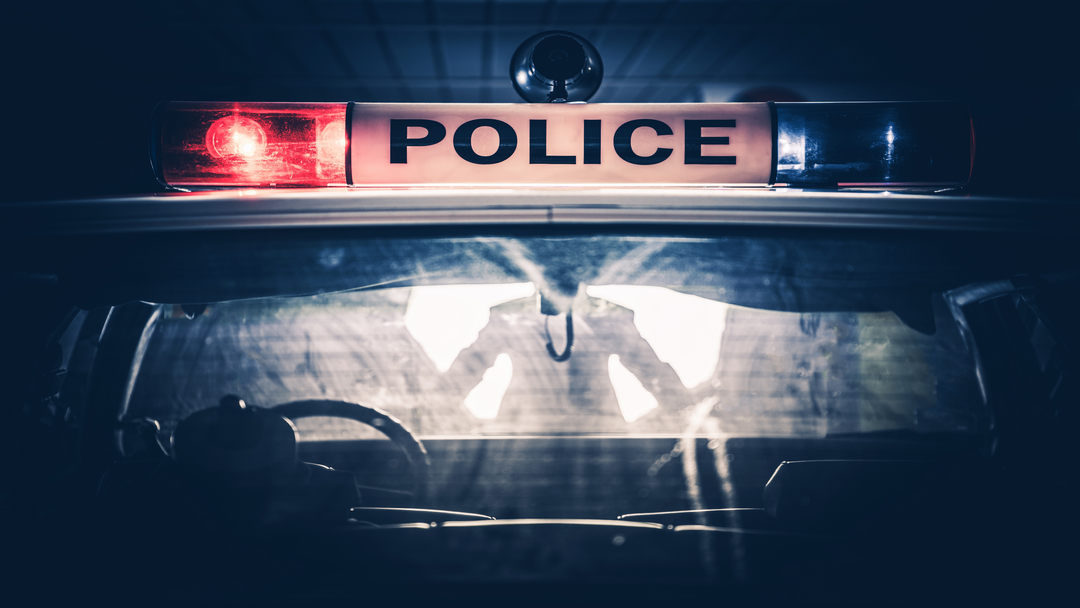LANSING, MI -- Michigan courts and police continue to work within a gray created by state marijuana legalization that contradicts federal law. Not only are lines blurred by conflicting jurisdictional laws, and complicated by the division of the state’s medical and...

Department of Attorney General Prepares for MLEAC Accreditation
LANSING – The Michigan Department of Attorney General (DAG) recently welcomed a team of assessors from the Michigan Law Enforcement Accreditation Commission (MLEAC).
The assessors came to examine all aspects of the Department’s compliance with the MLEAC standards in preparation for granting the Department MLEAC accreditation, Attorney General Dana Nessel announced.
The assessors examined the DAG Criminal Investigations Division’s policies and procedures, management, operations, and support services to verify the Department’s successful implementation of the 108 applicable law enforcement standards set by the MLEAC.
“The thorough assessment of our law enforcement policies and practices provides the Department with valuable insight that will help us achieve our goal of accreditation,” Nessel said.
“Every law enforcement agency should experience this kind of rigorous self-examination and third-party review. Accreditation will help us ensure we are providing the People of Michigan with the highest quality of law enforcement services.”
Of Michigan’s 577 law enforcement agencies, only 65 currently have full MLEAC accreditation. Michigan has 132 law enforcement agencies actively pursuing MLEAC accreditation.
The participating law enforcement entities encompass local, county, and state agencies, as well as tribal, college, and university agencies of varying sizes, with personnel ranging from three to over 300 full-time sworn officers.
DAG is the first state agency in Michigan to participate in this significant accreditation initiative. The Department’s participation represents a milestone and a significant step forward in its commitment to maintaining the highest standards of professionalism, ethics, and operational excellence.
The path to achieving that operational excellence began in March of 2022 when DAG joined the Michigan Law Enforcement Accreditation Program (MLEAP) and began its self-analysis period. During that time, DAG successfully developed and implemented more than 54 written directives, policies, and procedures to guide law enforcement actions based on MLEAC accreditation standards.
In addition, the Department successfully established more than 19 training programs and certifications that incorporate best practices within law enforcement.
“The mission of the Criminal Investigations Division involves protecting and defending the Constitutions of the United States and Michigan, enforcing laws, assisting local law enforcement, providing justice to crime victims, and providing for the safety and security of the People of Michigan,” said Division Chief Aubrey Sargent. “Earning accreditation status would underscore our dedication to excellence and showcase our unwavering focus on delivering top-tier services to our state’s residents whom we proudly serve.”
As a proactive and ongoing “health check” of an organization’s defined processes and their execution, MLEAC accreditation has a wealth of benefits for law enforcement agencies big and small. Accreditation supports a culture of continuous improvement in the way it allows a law enforcement agency to voluntarily commit to reviewing best practices and how they are applied. The accreditation process can identify areas of professional excellence and areas where organizational growth is needed.
Accreditation helps law enforcement agencies:
create and uphold standards that are in line with modern, professional law enforcement procedures;
boost the efficacy and efficiency of the services that they provide; and
set guidelines that address and reduce liability for the agency and its members.
By clearly defining organizational expectations, accreditation supports strong service delivery and creates sustainability during transitions. It also increases trust and transparency with those on an agency’s team as well as within the communities the agency serves.
MLEAC accreditation offers a well-defined framework that aids agencies in avoiding inconsistent standards and potential training gaps, mitigating challenges that may plague unaccredited agencies. Interested law enforcement agencies can learn more about the program and how to apply online.
DISCLAIMER
This post may contain re-posted content, opinions, comments, ads, third party posts, outdated information, posts from disgruntled persons, posts from those with agendas and general internet BS. Therefore…Before you believe anything on the internet regarding anything – do your research on Official Government and State Sites, Call the Michigan State Police, Check the State Attorney General Website and Consult an Attorney – Use Your Brain.






















